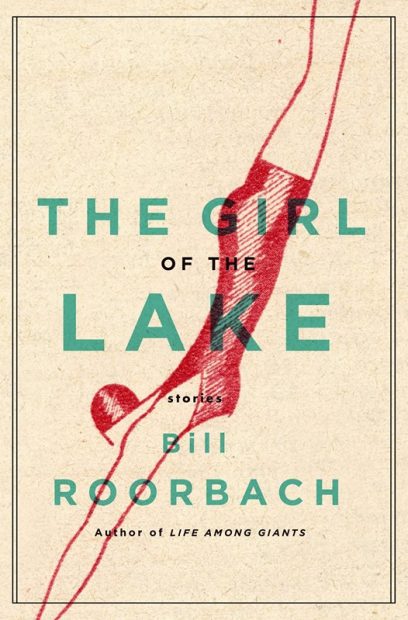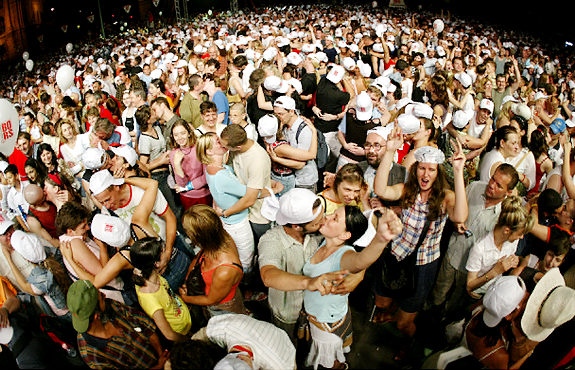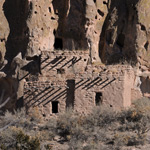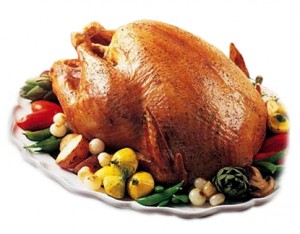Our Best American Short Stories
categories: Cocktail Hour / Our Best American Short Stories
comments: 1 comment
Today is publication day, accompanied by the usual excitement and dread. Have I got a story for you!
Serial Sunday: “Original and Solitary Lovers” (Another Great Short Story by John J. Clayton)
categories: Cocktail Hour / Our Best American Short Stories
comments: Comments Off on Serial Sunday: “Original and Solitary Lovers” (Another Great Short Story by John J. Clayton)
“I am getting used to considering every sexual act as a process involving four individuals.” -Freud in an 1899 letter to Fleiss.
.
But why, my beauty, stop at four? Of course, yes, there’s my mother, never one to diminish her importance, filling the bed as she filled a room, and your father, critical of the whole world, especially his family. They take up a lot of space. Hardly any left for us. But that’s hardly the end of it; it gets much worse. For there’s also my father, weighing in at 200 blustering pounds, swinging that belly of his around the bed, and your mother, who, God knows, never stopped talking, never stopped talking never. Continue reading →
Harbinger Hall
categories: Cocktail Hour / Our Best American Short Stories
comments: Comments Off on Harbinger Hall
#
Here’s a story for our new category, “Our Best American Short Stories.” “Harbinger Hall” appeared in The Atlantic in December, 2004. Readers seemed evenly divided on the question of whether it represents a little boy’s fantasy or something real. I mean, real in a fictional sense, if that’s not too confusing. My answer is that I completely believe in the story we are told. By me. Or more accurately, by my narrator, who is not so much a version of me as he is an extension into adult consciousness of the protagonist, Bobby. And maybe then again an extension of Mr. D’Arcy. In an earlier post, I told the story of the Atlantic’s fact-checking of this story. And now, as we build our new feature, here’s the story itself. Continue reading →
Blues Machine
categories: Cocktail Hour / Our Best American Short Stories
comments: 1 comment
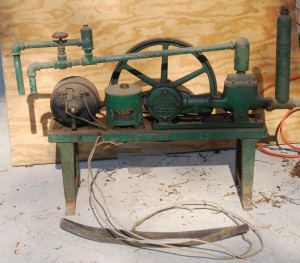 Here’s a story from my collection Big Bend, one that appeared in a very small magazine called Whetstone, which I think has since disappeared. It was edited by a kind poet named Jean Tolle, and came out of Barrington, Illinois, published not by a college but by some dedicated writers working from the Barrington Area Arts Council. I visited once, gave a reading, would love to hear if the group is still active, as I find no current refs on the Internet. But many thanks to them, as this was one of my first publications. The story must have been written–at least an early draft–sometime in the mid-eighties. I can feel where it came from, memory of Ithaca years a decade previous, and particularly Trumansburg summers, when all of we young musicians moved from farmhouse to farmhouse and apartment to apartment, depending on the band we happened to be in. The famous old guys would come staggering back to refresh their lives, if they weren’t dead, and it was possible to make friends with some real rock stars here and there, or at least drink too much with them. But this is a love story. I can’t say where the boy came from, but I do recall a kid who worked hard to help his mom find a partner. And I fixed someone’s water system once in exchange for some meals… Continue reading →
Here’s a story from my collection Big Bend, one that appeared in a very small magazine called Whetstone, which I think has since disappeared. It was edited by a kind poet named Jean Tolle, and came out of Barrington, Illinois, published not by a college but by some dedicated writers working from the Barrington Area Arts Council. I visited once, gave a reading, would love to hear if the group is still active, as I find no current refs on the Internet. But many thanks to them, as this was one of my first publications. The story must have been written–at least an early draft–sometime in the mid-eighties. I can feel where it came from, memory of Ithaca years a decade previous, and particularly Trumansburg summers, when all of we young musicians moved from farmhouse to farmhouse and apartment to apartment, depending on the band we happened to be in. The famous old guys would come staggering back to refresh their lives, if they weren’t dead, and it was possible to make friends with some real rock stars here and there, or at least drink too much with them. But this is a love story. I can’t say where the boy came from, but I do recall a kid who worked hard to help his mom find a partner. And I fixed someone’s water system once in exchange for some meals… Continue reading →
Investigation
categories: Cocktail Hour / Our Best American Short Stories
comments: 7 comments
“Investigation” appeared in The Iron Horse Literary Review 12.6/13.1, “The Fiction Issue,” which appeared this past spring. The fiction issue is a great number with some terrific writers, highly recommended, and comes with a taxonomy. That is, the editors have divided their offerings into sub-categories: the short story, flash fiction, one-sentence stories (Michael Martone has a great example here), the long story, and the novel, excerpted. “Investigation,” at 8300 words, fell into their long-story category, but folks, it’s still a short story! As are all the others except the novel excerpts. I was awfully happy to be in such wonderful company. Lee Martin, who succeeded me at Ohio State and is now the MFA program director there (but more importantly a wonderful writer of both fiction and nonfiction), emailed last summer and asked if I had a story to submit. As it happened, I’d just finished the one I’m posting here. The idea for “Investigation” came from a place I love, simple as that. I wanted to set a story there, and this is what emerged. At first it was just a kind of strange love story, but in subsequent drafts the politics turned up, and welcome. Continue reading →
Thanksgiving
categories: Cocktail Hour / Our Best American Short Stories
comments: 3 comments
Here’s a seasonal offering from my story collection, Big Bend. “Thanksgiving” is placed first in the book–not my idea, but Charles East’s, the wonderful (former) series editor for the Flannery O’Connor Prize, who paid close attention to every aspect of my work (the new series editor is Nancy Zafris, also a past winner), all by US mail. I wrote him that I was worried people would think the story was autobiographical, since it borrows a little from the statistics of my family. And Charles replied, “Whether it is autobiographical in this or that detail hardly matters–this scene will be recognized as the universal Thanksgiving story, the opposite of the one Americans like to tell themselves.” Anyway, nothing like this ever happened to me or my family, though at times I used to feel just a little like Teddy. This is an early story of mine, first draft dating back to graduate school in the late 80s. And not the 1880s, okay?
#
Thanksgiving
When the phone rings in the empty loft Ted knows exactly who it is: exquisite Mary, gentle Mary, tough Mary and brainy—his brother’s wife—for whom Ted would fall in a minute if such things were permitted. She seems cold as they climb through some small talk, gets to the point fast, warms to her task: “Oh Teddy, really, you have to come this year. You ought to come this year. Lily wants to show you her watercolors.” Lily is the oldest of Ernest and Mary’s three little daughters. “And your mom would like you here.” Continue reading →

